
Advising a team at El Pueblo de Los Ángeles Historical Monument, we were tasked with helping expand their offerings to include a digital arts program to attract a larger audience. They were looking to draw a younger crowd to specific events on a routine basis, specifically interested in utilizing digital media and interactive experiences as a way to bridge the perceived disconnection between the historical and the contemporary.
To better understand our target audience’s perceptions of the site, we surveyed local college students about their familiarity with El Pueblo.
Two-thirds of respondents — both locals and recent transplants — were unfamiliar with the area. Of those that were familiar, they thought of it more as a “tourist trap” than a historical site with museums and activities.
We then visited the site, identified improvement areas, and researched similar sites as well as digital art projects to explore opportunities for growth through technology and art.
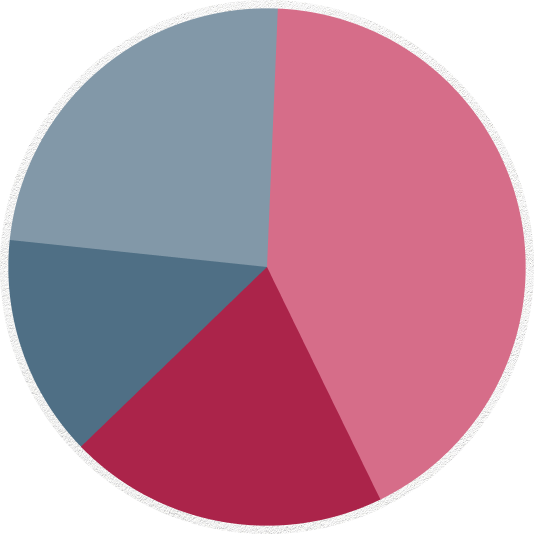
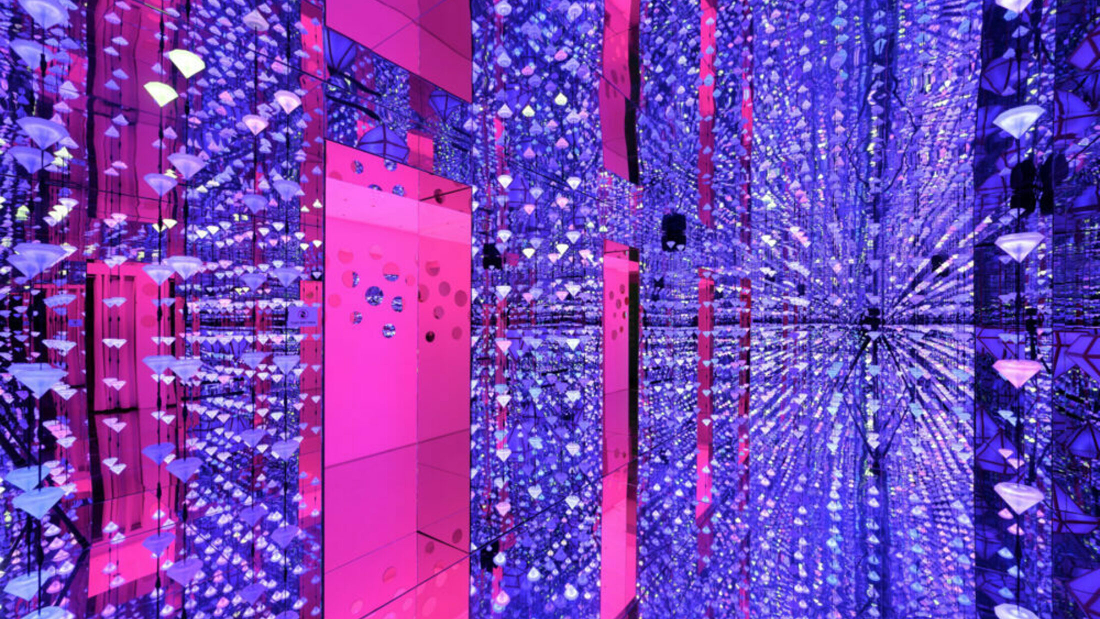
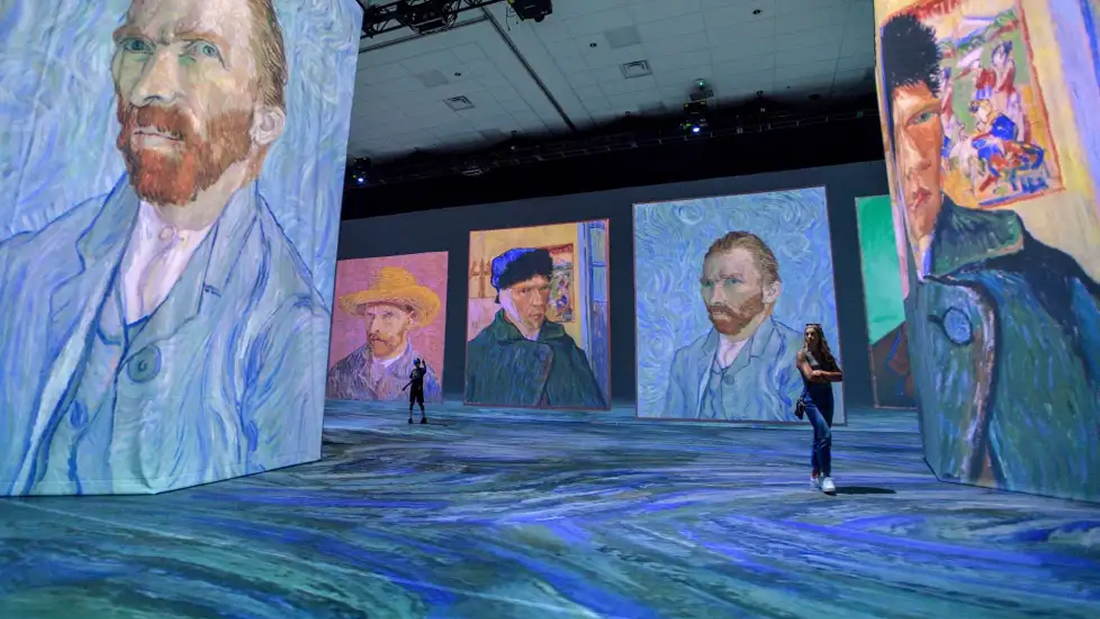
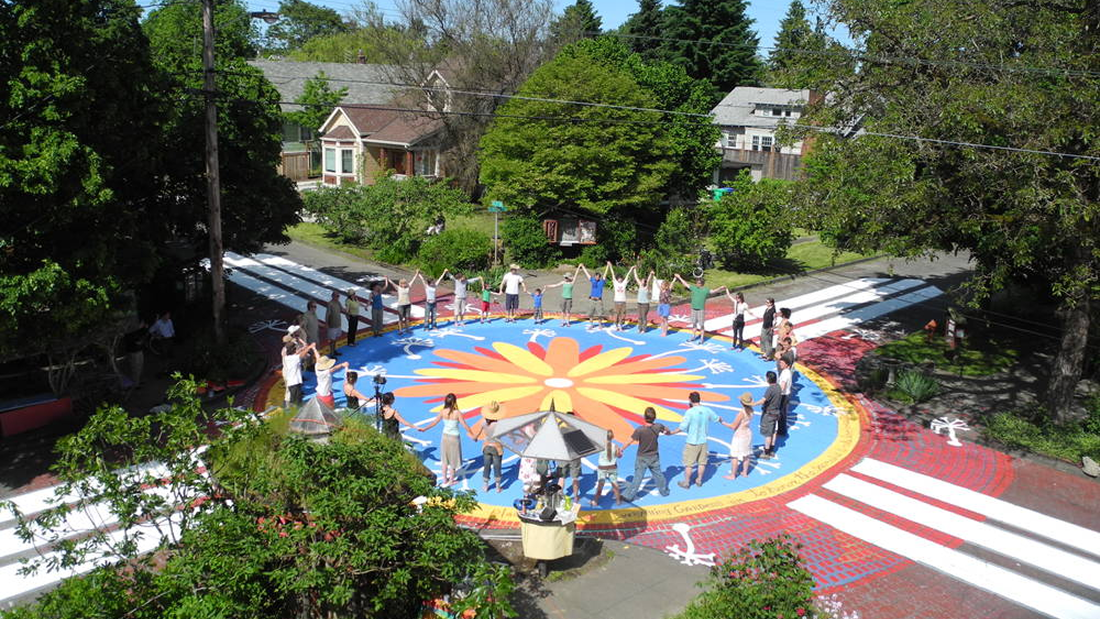
Along with infrequent social media engagement and digital marketing, our site visit revealed low museum attendance; most visitors stopped at the Olvera Street Marketplace, overlooking the more hidden cultural sites and museums.
Despite the area's rich history, the museums felt disconnected from the area’s central hub, reflecting a broader branding issue —most people only recognized the name "Olvera Street," which represents just part of the site.
This area has a lot more to offer, and we saw potential for greater community engagement featuring overlooked areas of the site through events, site enhancements, and community-made art.
In creating our solution, we wanted to amplify aesthetic, user engagement, and community partnerships.
Along with updated branding for physical and digital assets, we suggested adding unique experiences like a digital-audio tour and an AR art gallery, sponsoring community-painted cultural murals and environmental enhancements, and hosting a series of events and activities for people to discover under-utilized areas of the site.
Our goal: to create a visually connected and cohesive, multi-sensory experience through environmental enhancements, art integration, community events, and rebranding.
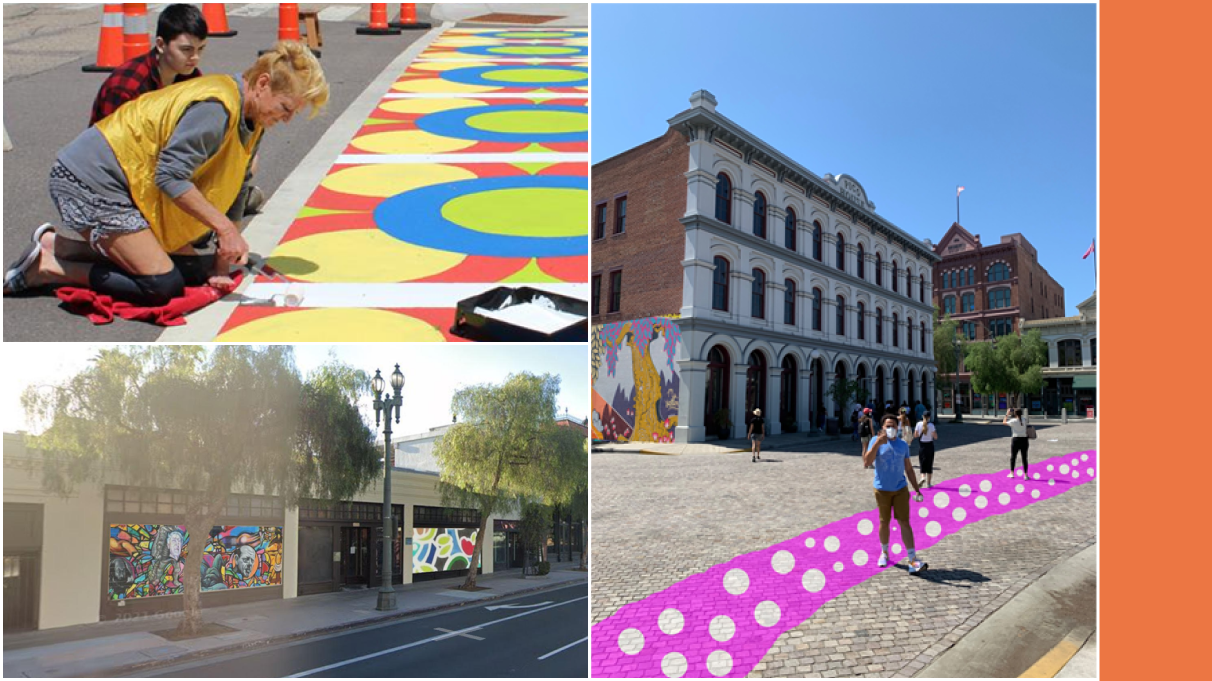
As a staple of culture in Los Angeles, and to create a more inclusive community, we suggested leveraging potential partnerships with local artists and influencers to create events and paint large murals, connecting the site visually and fostering a larger sense of cohesion across its diverse community.
With our mission to utilize art and technology to garner interest in the site, we designed immersive, interactive experiences that highlight the site’s diverse culture. Visitors can enjoy augmented-reality interactive art exhibits, explore cultural murals, or follow a digital-audio tour to learn about the site and its history.
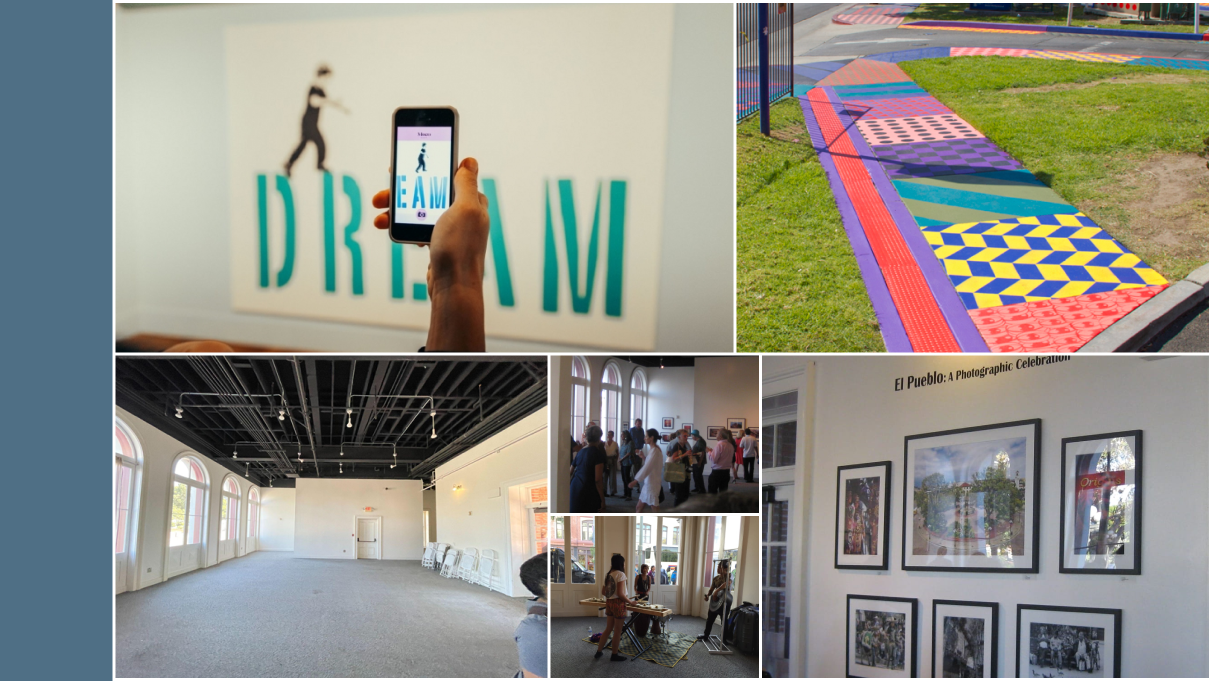
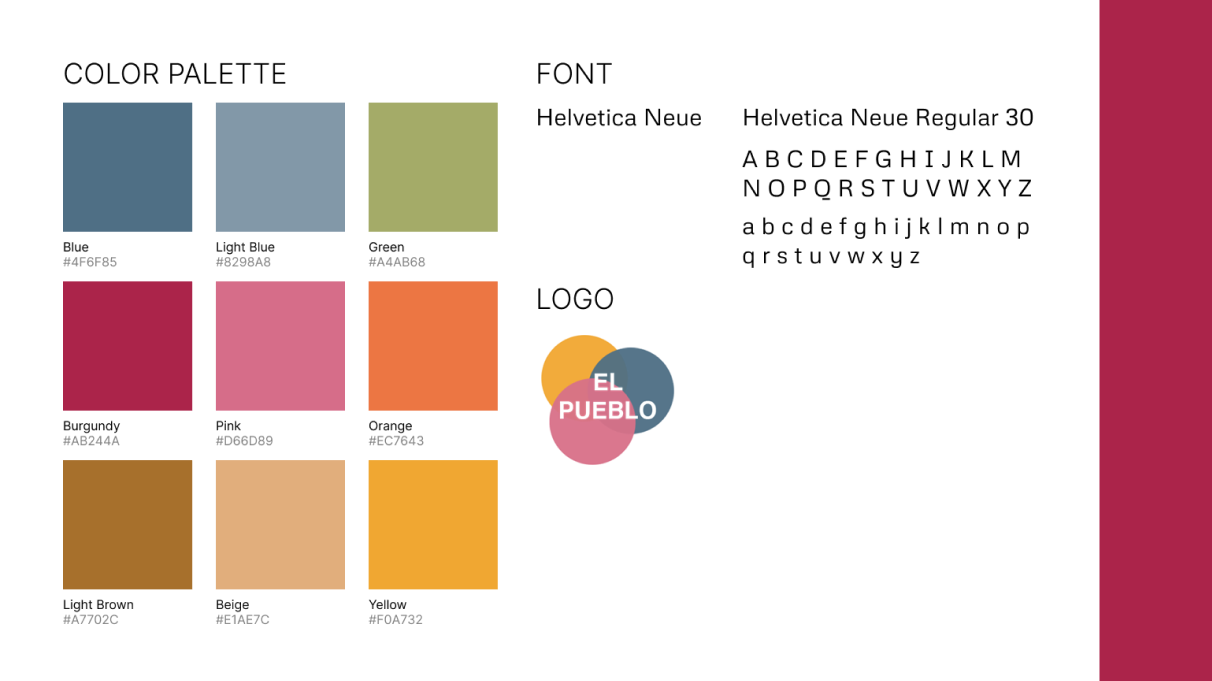
We curated a vibrant color scheme inspired by the site’s Chinese American Museum, reflecting the diversity the area is trying to portray. Paired with our simple, modern font and new logo which emphasizes the cross-section of cultures with the Venn diagram shape, these styles are designed to celebrate the multicultural history of the site.
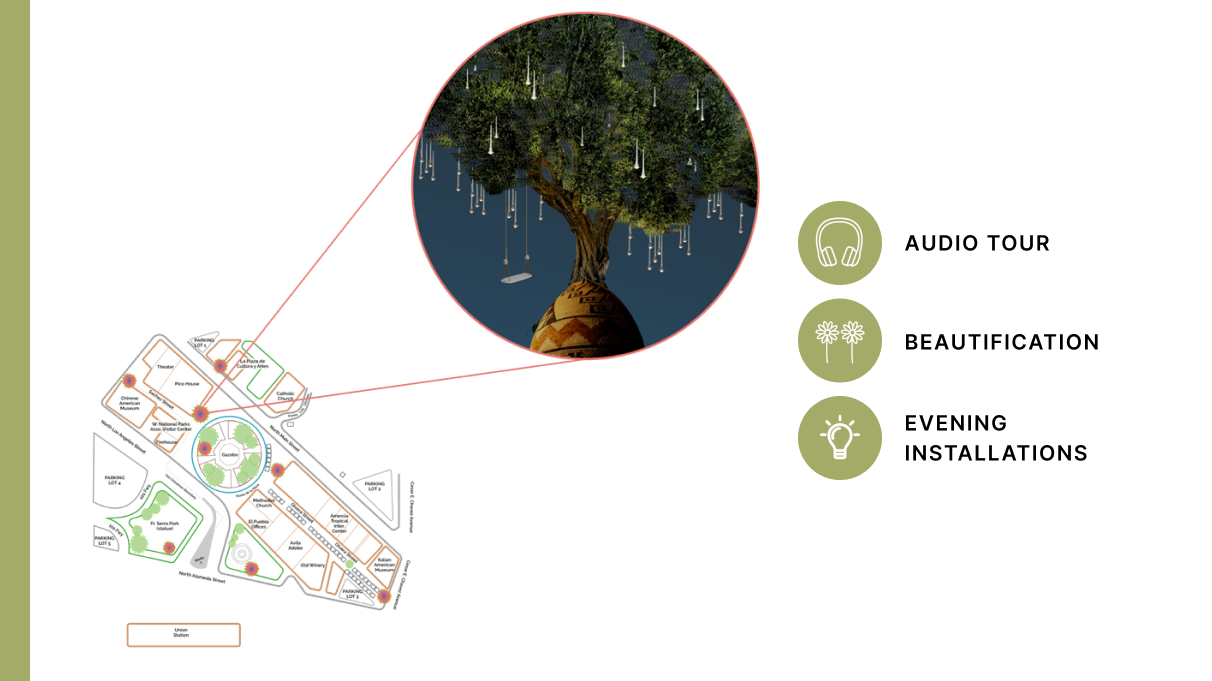
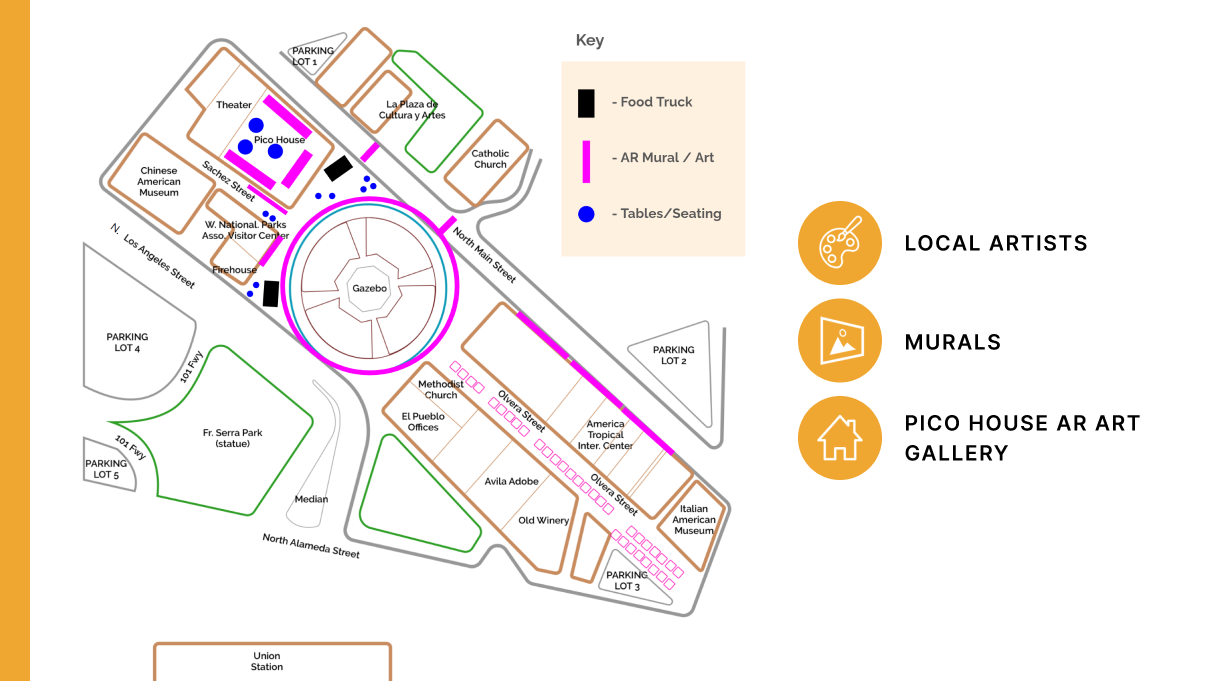
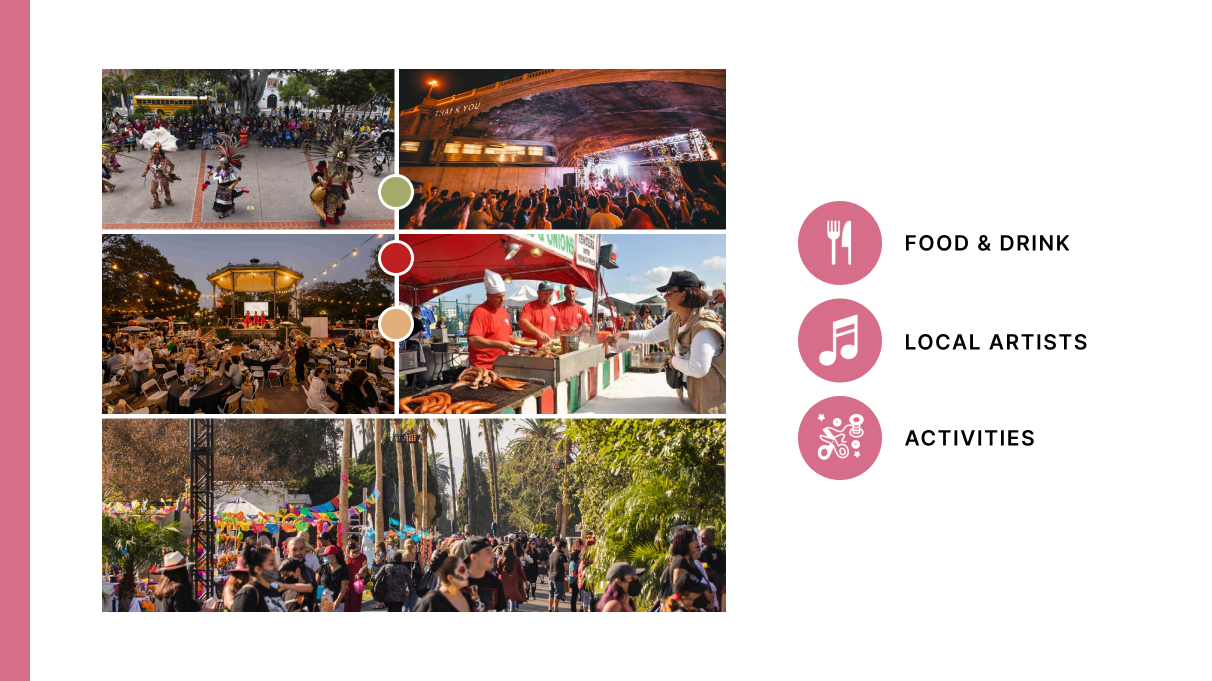
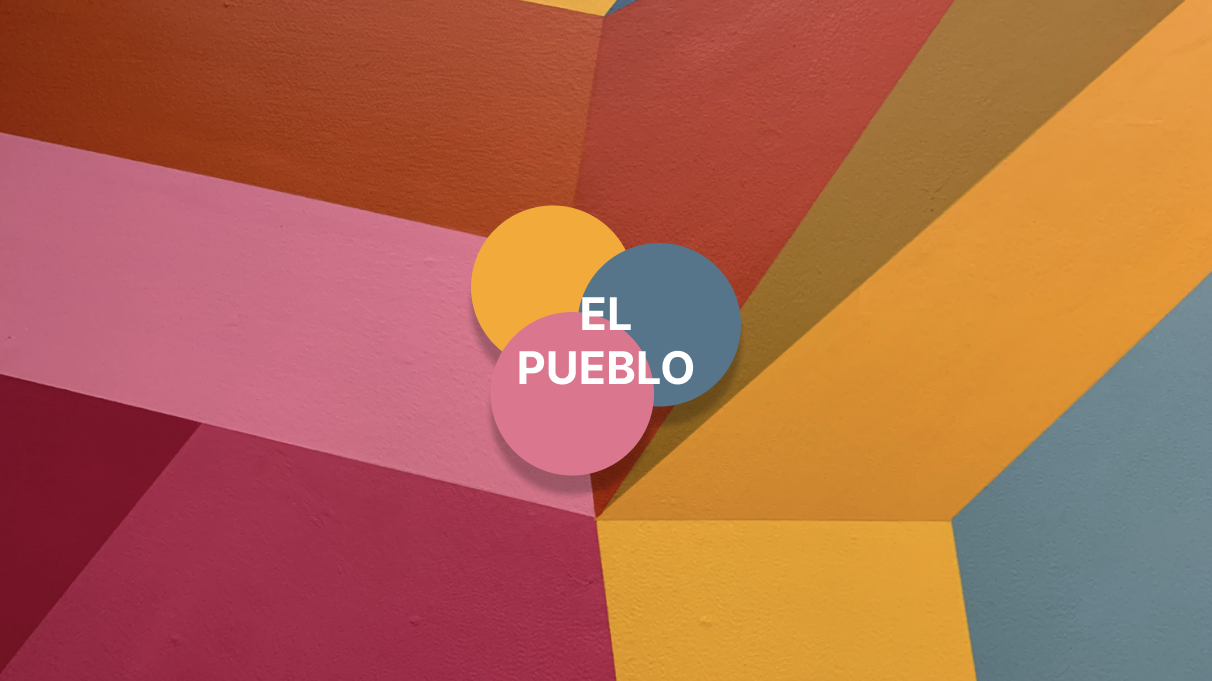
In our presentation to the El Pueblo team, we shared a comprehensive solution featuring a refined Digital Arts program, a list of potential artist and vendor partners, and branding and social media strategies.
We also highlighted opportunities for Olvera Street merchants to participate and backed our proposal with additional research and data, showcasing our proposal’s compatibility with the existing landscape.
The panel responded well to our ideas for lighting and nighttime activity, praised the design and visual identity we created, and showed interest in the proposed AR exhibits — that animate artwork through smartphones — offering a modern, tech-driven way to experience art at El Pueblo.
We set out to create a visually connected, cohesive, and multi-sensory experience which encourages Angelenos and tourists alike to take full advantage of El Pueblo, and through strategic installations, events, and re-branding, we believe that El Pueblo has an opportunity to enhance their overall visitor experience, draw in new and younger visitors, and amplify the El Pueblo name and presence.
Overall these changes will acknowledge the history, culture, and heritage of the area while giving the sense that history is continuing to be written by re-imagining a center of culture in LA: an area where cultures collide.

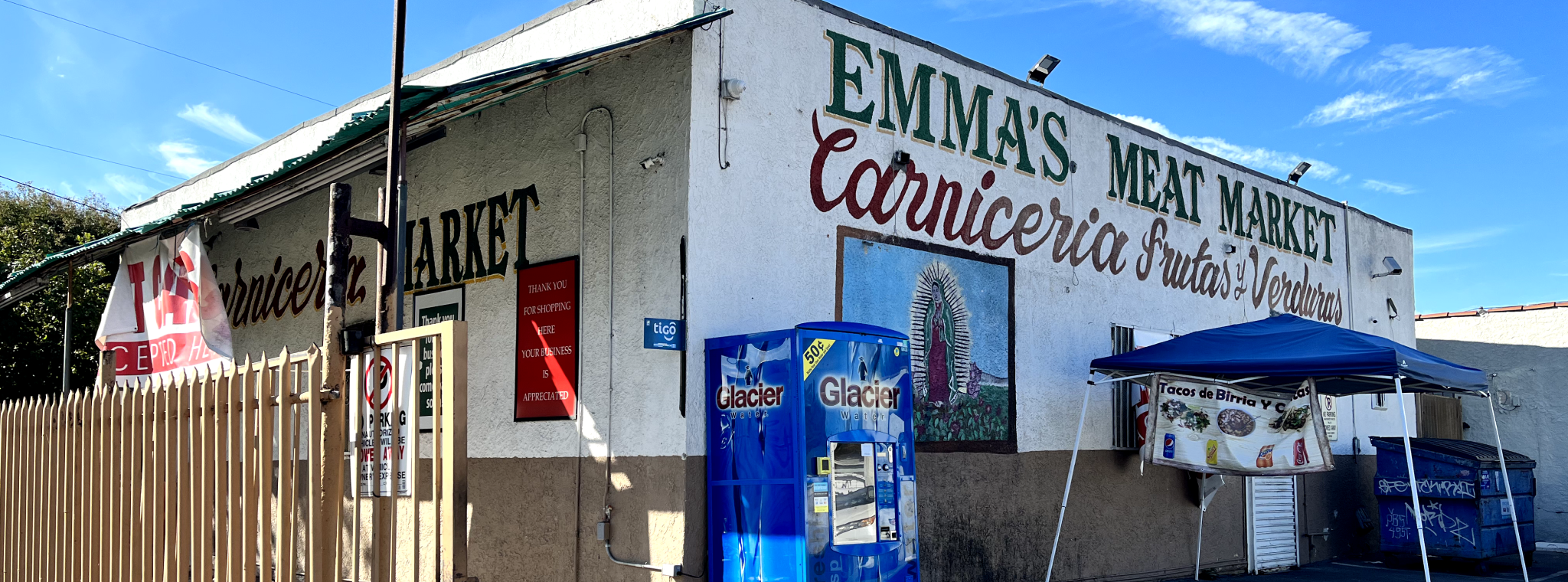
Enhancing a Los Angeles bodega’s customer experience and increasing their profitability.
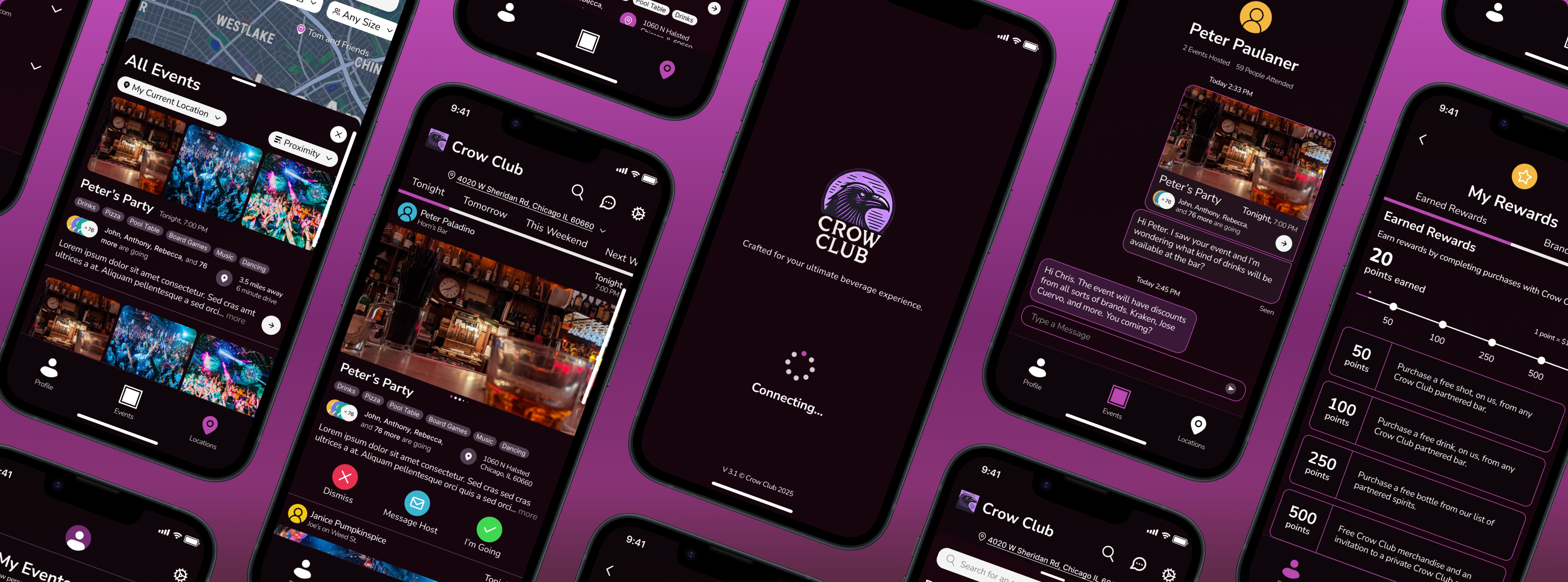
Find events near you and save money while drinking with your friends and meeting new people.
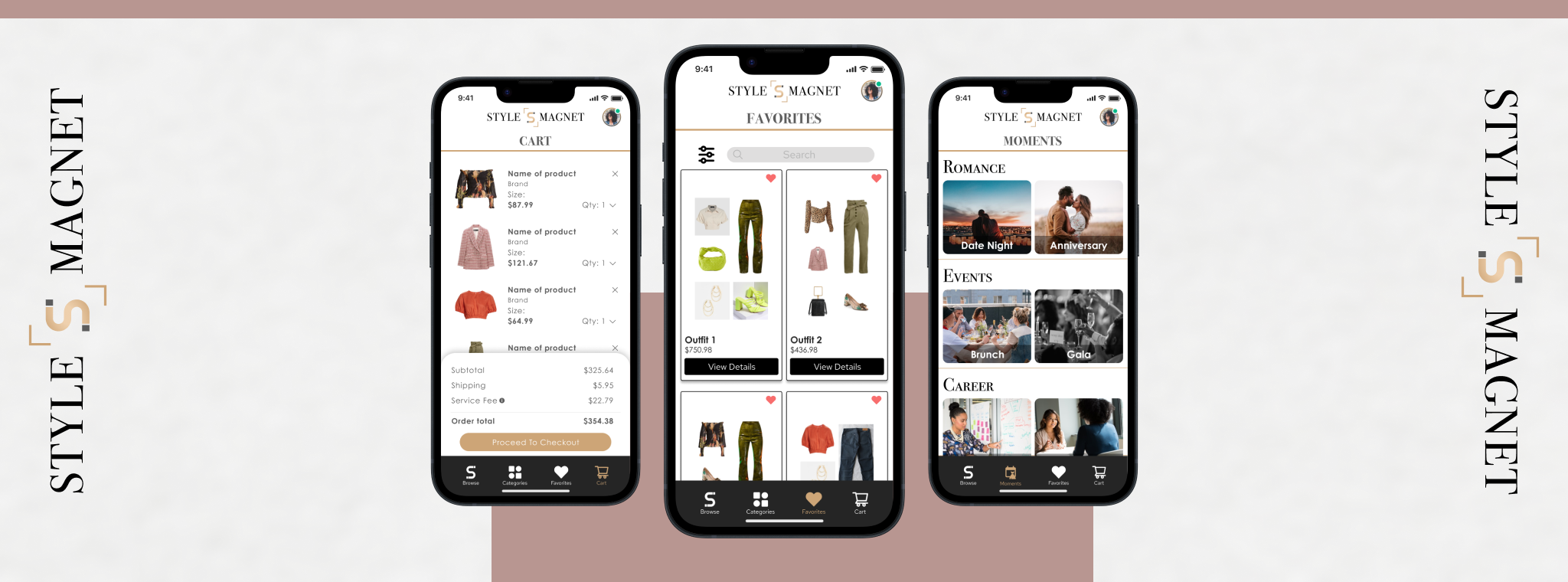
Designing an enhanced approach to purchasing clothing online regardless of body types and sizes.

I'd love to help with your next project and I'm always available for a chat. If you have any questions or you'd like to get in touch, feel free to contact me.